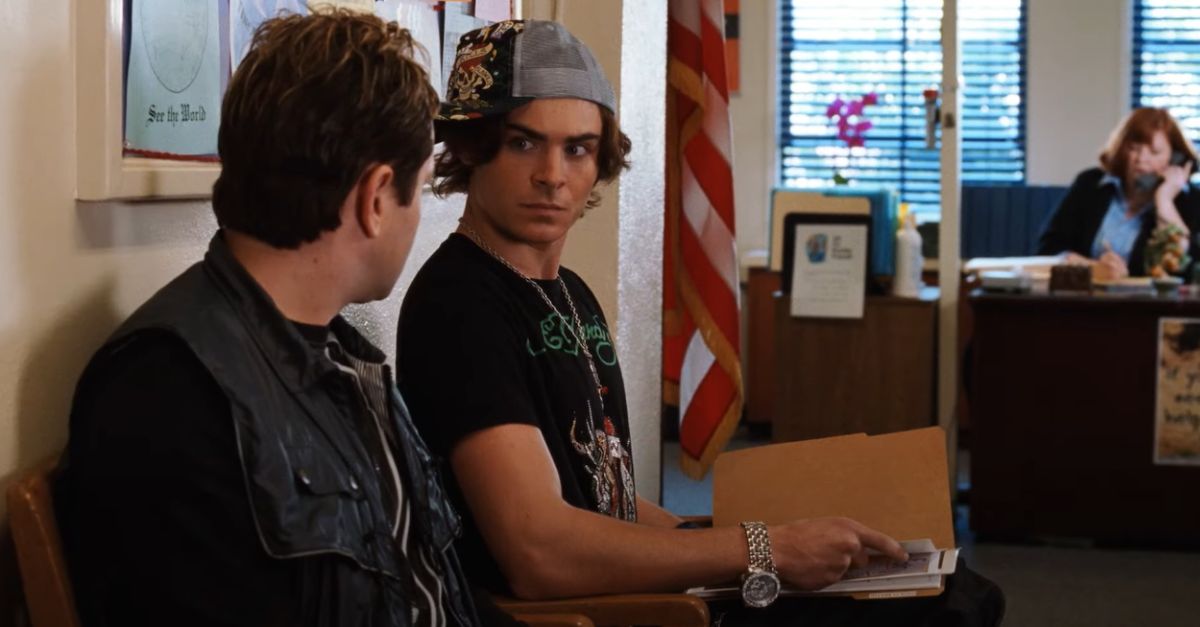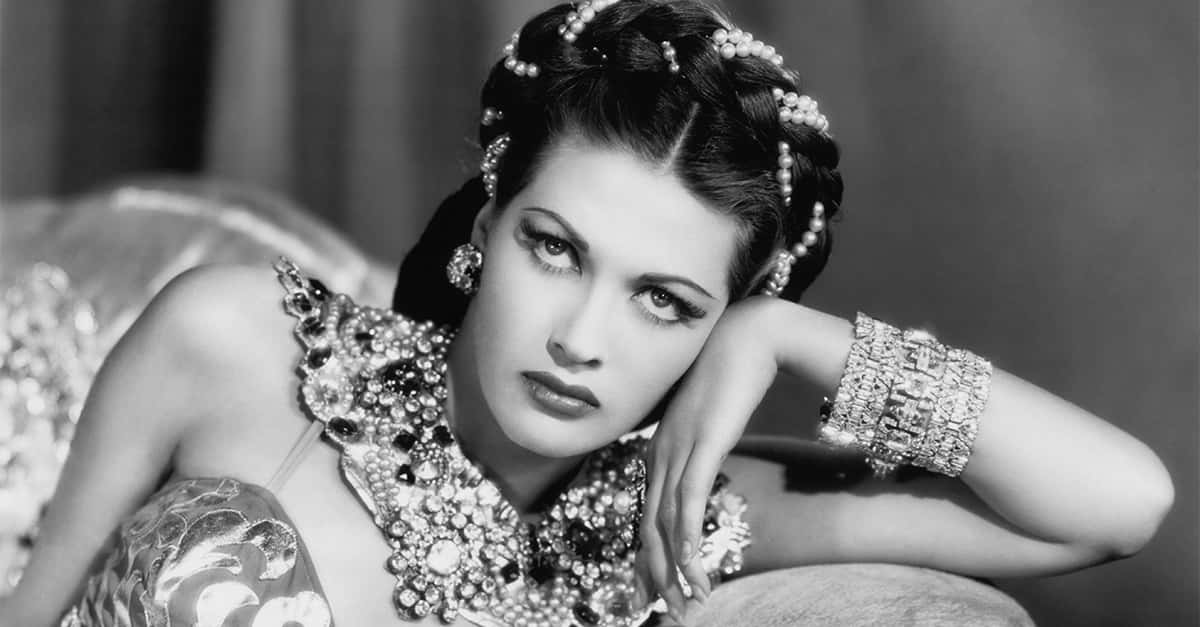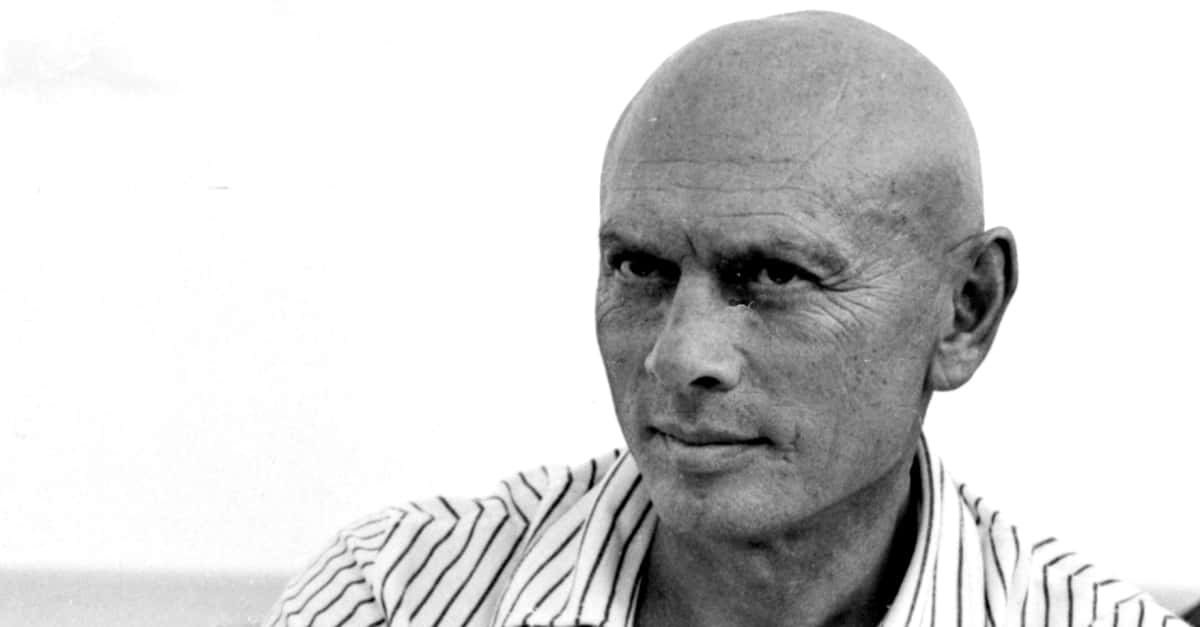A Legend Left Us His Best Works
Just 15 days into the new year, the world woke up to some devastating news—David Lynch, a mastermind of horror movies, had lost the battle to emphysema. The good news is that he left us a long list of films; here are his best. But First…
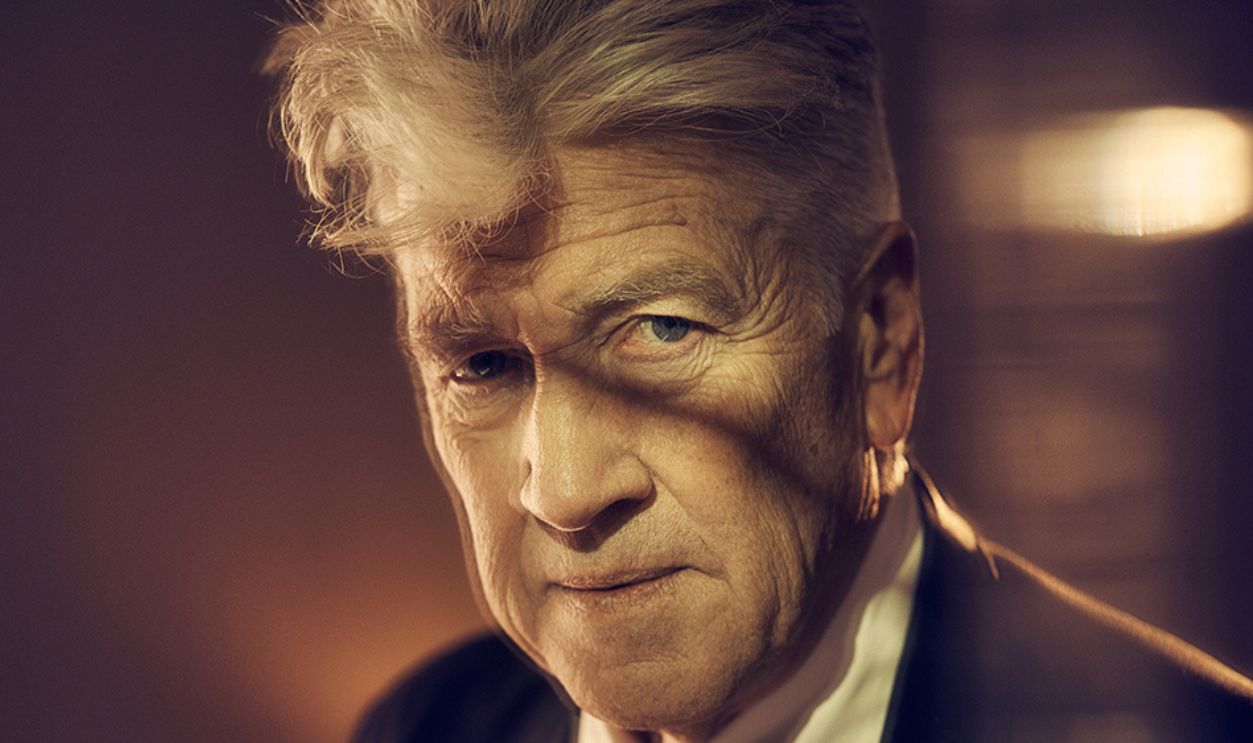
What Was David Lynch’s Visionary Style
His visionary style is defined by unearthly imagery. He took dreamlike logic and unsettling narratives to levels never experienced before. His films often take you to places where the line between reality and nightmare is blurry. He made you see, feel, taste, hear, and smell everything.
His Creative Process
Lynch’s creativity was deeply intuitive, often beginning with a single, haunting image or idea. In multiple accounts, he credits meditation as the key to unlocking his creativity. Lynch describes it as a tool to access deeper levels of consciousness where ideas flow freely. He just shaped them organically into narratives.
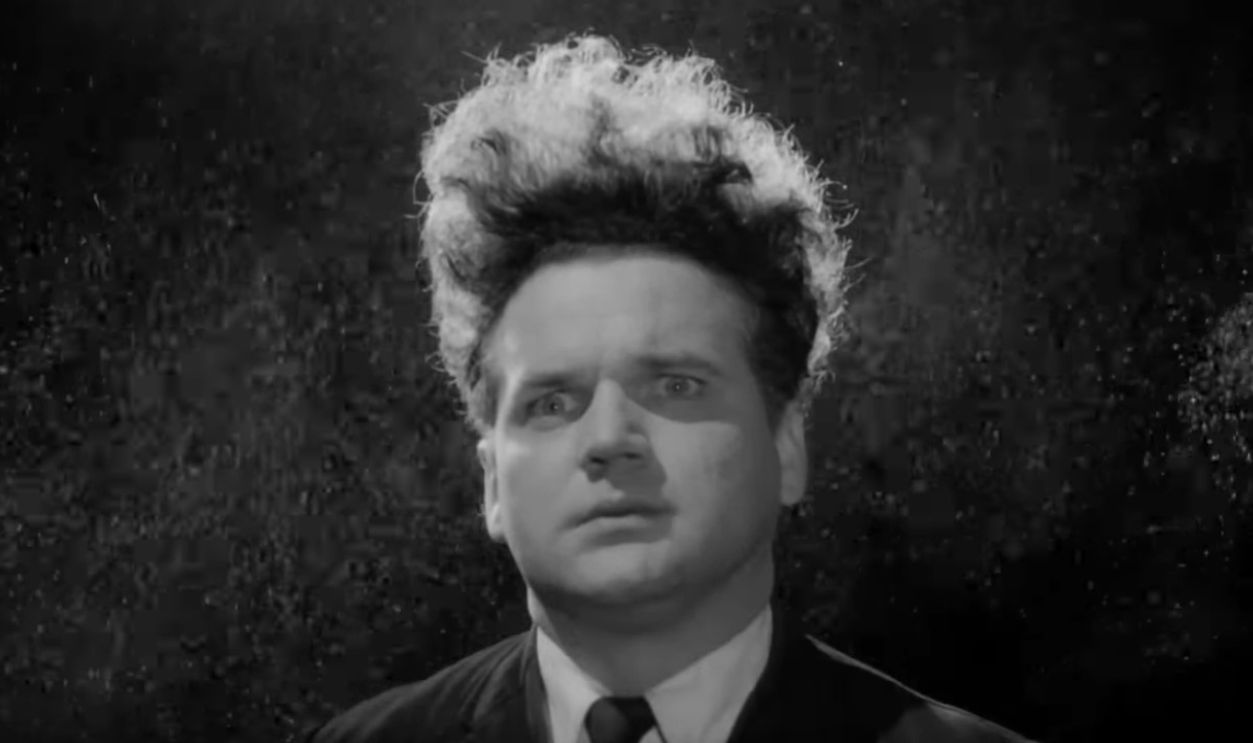 Eraserhead (1977) Trailer #1 | Movieclips Classic Trailers by Rotten Tomatoes Classic Trailers
Eraserhead (1977) Trailer #1 | Movieclips Classic Trailers by Rotten Tomatoes Classic Trailers
The Cherry On Top Of The Cake
A Lynchian film is unique because it pays close attention to detail, which extends to sound design, color palettes, casting, and impeccable editing. He was also never afraid to embrace ambiguity, leaving room for interpretation. An open-ended approach made his works discussable long after the credits. Next up, the movies.
 MULHOLLAND DRIVE | Hand-picked by MUBI by MUBI
MULHOLLAND DRIVE | Hand-picked by MUBI by MUBI
Six Men Getting Sick (Six Times) (1966)
This was David Lynch’s first foray into filmmaking while still a student at the Pennsylvania Academy of the Fine Arts. Six Men Getting Sick is a one-minute loop of animated grotesque art with a wailing siren. It features six contorted figures throwing up and then burning in agony.
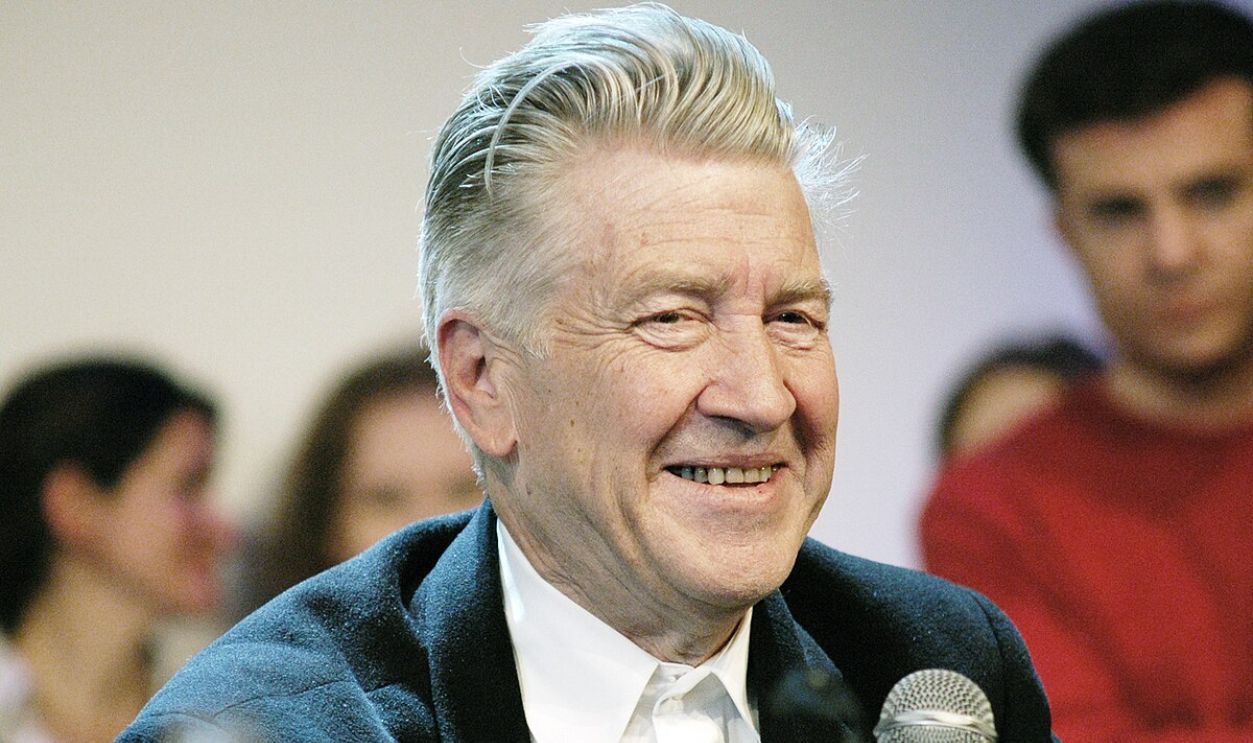 Sasha Kargaltsev, CC BY 2.0, Wikimedia Commons
Sasha Kargaltsev, CC BY 2.0, Wikimedia Commons
The Alphabet (1968)
The next picture he produced was The Alphabet, an eerie, four-minute short that blends live-action and animation to explore the psychological terror of learning. In it, a young girl, tormented by visions of letters, moves between reality and a nightmarish dreamscape. A relative’s bad experience with education inspired it.
 The Alphabet - David Lynch (1968) by Isaac Watson
The Alphabet - David Lynch (1968) by Isaac Watson
The Grandmother (1970)
The poster is eerie, and so is the short 34-minute film. The Grandmother is one of Lynch’s most disturbing works because it centers around a young mistreated boy’s disturbing journey, in which he plants seeds in his bed, and they grow into his grandmother, who helps protect him.
 The Grandmother | A Short Film By David Lynch by MovieFestUK
The Grandmother | A Short Film By David Lynch by MovieFestUK
The Amputee (1974)
Yet another short one: A five-minute film starring Catherine Coulson (later known as the Log Lady in Twin Peaks) shows her as a double amputee attempting to write a letter. Her mundane activity is juxtaposed with a nurse dressing her stumps in graphic detail—an unsettling contrast of banality and horror.
 The Amputee (1974) by Bønni Nilsen
The Amputee (1974) by Bønni Nilsen
Eraserhead (1977)
Lynch’s first feature, Eraserhead, remains a masterpiece of avant-garde cinema. Filming took over five years and was primarily funded by Lynch and his kin. The haunting visuals of the deformed baby and the industrial setting create an atmosphere of dread. It’s one of those films that gets under your skin.
 Opening Scene | ERASERHEAD (1977) Movie CLIP HD by JoBlo Movie Clips
Opening Scene | ERASERHEAD (1977) Movie CLIP HD by JoBlo Movie Clips
The Elephant Man (1980)
If you like biographical dramas, this extraordinary true story is about Joseph Merrick’s experiences. It tells the tale of his misfortune, cruelty, and struggles after African Elephants struck down his mother’s house. The film got eight Academy Award nominations and amassed $26 million from a $5 million budget.
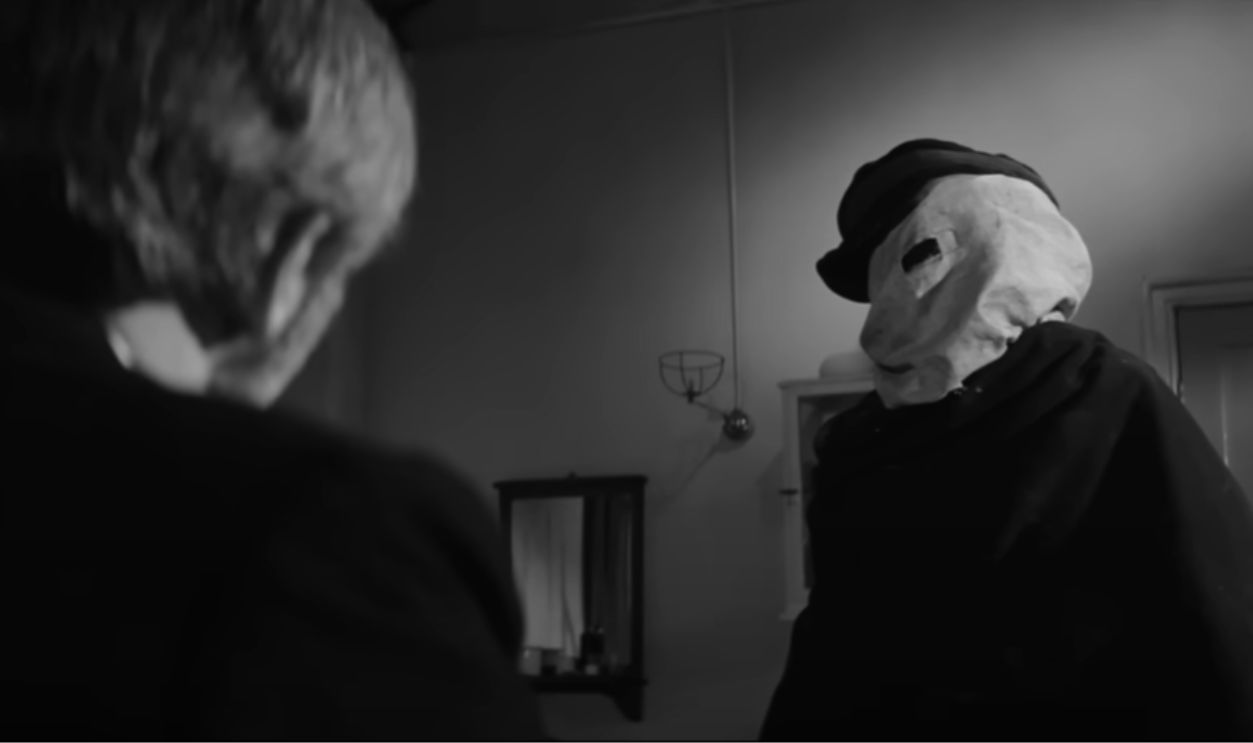 THE ELEPHANT MAN - Official Trailer - Directed by David Lynch by StudiocanalUK
THE ELEPHANT MAN - Official Trailer - Directed by David Lynch by StudiocanalUK
Dune (1984)
This epic space opera—a sci-fi subgenre—based on Frank Herbert’s 1965 novel has to be one of his more commercially ambitious projects with a huge budget of $165 million. The returns of $407.7 million gave viewers a show of stunning visual effects and intricate world-building. A treat for sci-fi fans.
 Dune (1984) | HD Trailer by Via Vision Entertainment
Dune (1984) | HD Trailer by Via Vision Entertainment
Blue Velvet (1986)
Blue Velvet is supposedly Lynch’s breakthrough film. It received high ratings and earned him his second nomination for the Academy Award for Best Director. This picture blends suburban normalcy with disturbing undertones. The plot centers on a young man discovering a dark underbelly in his small town.
 Isabella Rossellini: Blue Velvet / Blue Star / Blue Velvet (reprise) by Paolo Tesi
Isabella Rossellini: Blue Velvet / Blue Star / Blue Velvet (reprise) by Paolo Tesi
The Cowboy And The Frenchman (1988)
Unlike the rest, The Cowboy And The Frenchman is a quirky short film set in Western themes with absurd, offbeat humor. Lynch was a master at mixing genres to create confusion, leaving viewers unsure whether to laugh or be disturbed. Think of it as a bizarre satire on cultural clashes.
 The Cowboy & The Frenchman | David Lynch (1987) [Short] by Cinedrome Film
The Cowboy & The Frenchman | David Lynch (1987) [Short] by Cinedrome Film
Wild At Heart (1990)
With Wild at Heart, Lynch delivers a wild, romantic ride through a passionate, violent love story. He features the young Nicolas Cage as Sailor, with his leather jacket and rebellious attitude. The dreamlike sequences balance out the gritty road movie aesthetic. It’s a love story on the edge.
 Wild At Heart (1990) - Clip: Wicked Games by Shout! Studios
Wild At Heart (1990) - Clip: Wicked Games by Shout! Studios
Twin Peaks: Fire Walk with Me (1992)
A prequel to the legendary TV show Twin Peaks, the movie dives deep into the tragic life of Laura Palmer. What was once a mystery is now a haunting psychological exploration. It shocked fans by diving into dark, intimate themes that went into a grimmer tone.
 Twin Peaks: Fire Walk With Me (1992) by FluteNinja
Twin Peaks: Fire Walk With Me (1992) by FluteNinja
Premonitions Following An Evil Deed (1995)
Created as part of the anthology Lumière et Compagnie, Premonitions Following an Evil Deed is a 52-second film shot with the original Lumière brothers’ camera. It tells a fragmented story involving police, a mysterious corpse, and supernatural foreboding hints. The film adheres to strict technical limitations, yet Lynch executes perfectly.
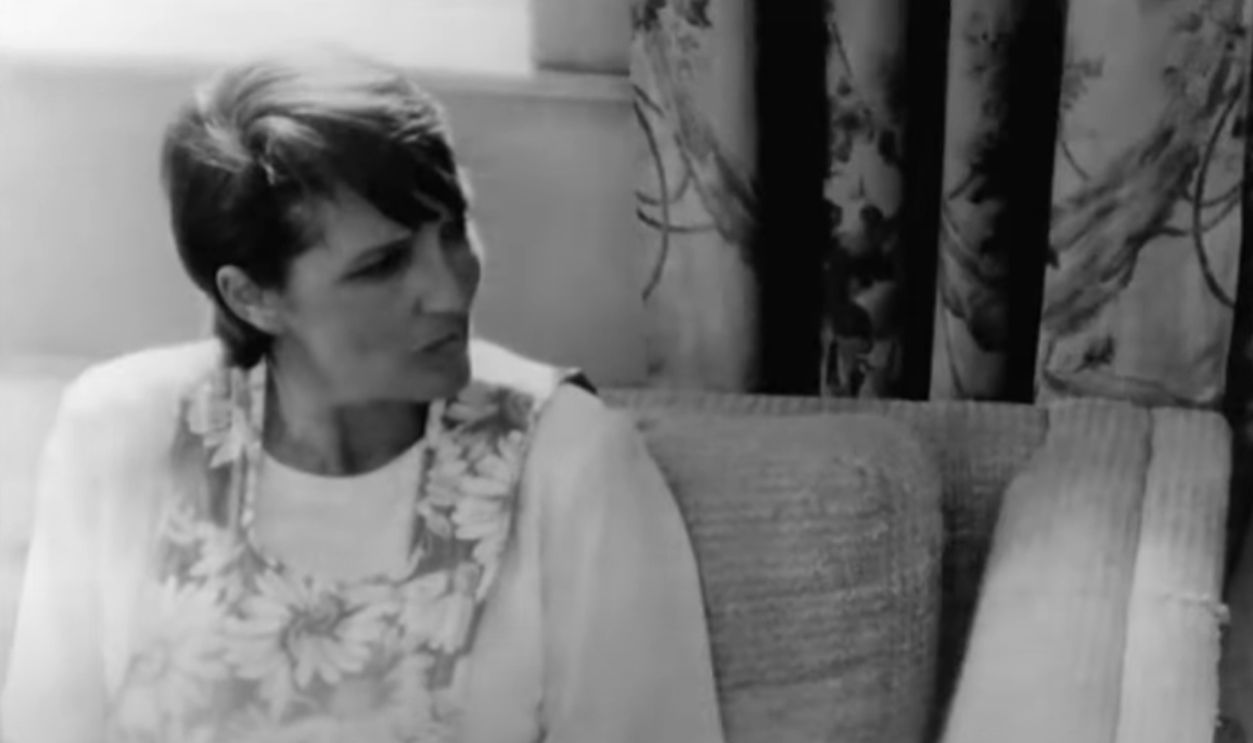 Premonitions Following An Evil Deed - David Lynch (1995) by Isaac Watson by Isaac Watson
Premonitions Following An Evil Deed - David Lynch (1995) by Isaac Watson by Isaac Watson
Lost Highway (1997)
Lost Highway ran for three weeks and grossed $3.7 million. If that isn’t a win, then what is? Anyway, this film explored themes of identity and time through a mind-bending narrative. You’ll notice Lynch’s signature uncanny approach here—non-linear storytelling, chilling scenes, eerie soundtracks, and a constant sense of dread.
 LOST HIGHWAY Clip - "Party" (1997) David Lynch by JoBlo Movie Clips
LOST HIGHWAY Clip - "Party" (1997) David Lynch by JoBlo Movie Clips
The Straight Story (1999)
When Lynch made The Straight Story, he pleasantly departed from his usual disturbing work while remaining authentic. This heartwarming tale about an elderly man traveling across the Midwest on a riding lawnmower to seek reconciliation defies expectations. The tone here was restrained, and viewers loved it.
 THE STRAIGHT STORY | Official 4K Restoration Trailer | STUDIOCANAL by STUDIOCANAL
THE STRAIGHT STORY | Official 4K Restoration Trailer | STUDIOCANAL by STUDIOCANAL
Mulholland Drive (2001)
Another heavy hitter is Mulholland Drive, which initially began as a failed pilot for a TV series. In its film form, Lynch left people to give the picture their interpretation. One thing stood out: Its illogical structure and haunting visuals bewildered many. Among the six awards won was Best Director.
 Mulholland Drive | Official Trailer | Starring Naomi Watts by StudiocanalUK
Mulholland Drive | Official Trailer | Starring Naomi Watts by StudiocanalUK
Rabbits (2002)
Rabbits is one of eight short horror web movies that immerses viewers in an absurd world where humanoid rabbits engage in cryptic dialogue. What makes it so unsettling? The unnerving mix of familiar domestic settings and bizarre, almost nonsensical interactions punctuated by a heavy dose of Lynchian weirdness.
 Rabbits Experience - Trailer by ygosteli
Rabbits Experience - Trailer by ygosteli
Inland Empire (2006)
Inland Empire was an experiment turned successful. This experimental psychological thriller lasted nearly three hours, and Lynch shot it in a low-resolution digital video. If you enjoy unorthodox storytelling, you’ll appreciate its fragmented structure and dreamlike imagery. It’s a cinematic fever dream that plays out like a mysterious horror story.
 INLAND EMPIRE | Official Trailer | STUDIOCANAL International by STUDIOCANAL
INLAND EMPIRE | Official Trailer | STUDIOCANAL International by STUDIOCANAL
Wisteria (Not Yet Released)
Before he departed, Lynch was supposedly working on a project, Wisteria, in conjunction with Netflix. Announcements were made in 2020, and production was set for May 2021. Although there haven’t been any updates after his passing, fans eagerly anticipate its release. Who’s ready for another Lynchian journey into the unknown?
 David Lynch Teaches Creativity and Film | Official Trailer | MasterClass by MasterClass
David Lynch Teaches Creativity and Film | Official Trailer | MasterClass by MasterClass
David Lynch: The Art Life
Now that you know of the legend, here is a story about him. This documentary explores Lynch’s personal life and creative process, offering an intimate look at the man behind the camera and stories. It also explores Lynch’s early days as an artist, his love for painting, and his filmmaking.
 David Lynch: The Art Life - Official Trailer by Madman Films
David Lynch: The Art Life - Official Trailer by Madman Films
His Biggest Success
Twin Peaks (1990-1991, 2017) is Lynch’s crowning achievement. The show changed television by introducing cinematic storytelling to the small screen. Its mix of soap opera tropes, horror, and offbeat humor caught audiences and critics off guard. The show’s tagline, “Who killed Laura Palmer”? gripped the world.
His Biggest Flop?
That has to be Dune. While visually stunning, its adaptation of Frank Herbert’s novel became Lynch’s most significant failure. Why? Studio interference and a rushed production plagued the film, which struggled to condense Herbert’s dense narrative into a coherent two-hour runtime. Critics were left disappointed.
![DUNE Official Trailer [1984]](https://www.factinate.com/storage/app/media/theshot/2025/1/17/untitled-design-18.jpg) DUNE Official Trailer [1984] by Vintage Movie Trailers
DUNE Official Trailer [1984] by Vintage Movie Trailers
Why The Horror Genre Will Miss Him
The horror genre will forever miss David Lynch’s unique contributions. His ability to evoke terror without relying on traditional scares redefined what horror could be. Lynch’s use of atmosphere, sound design, brilliant casting, and psychological dread brought the genre a cerebral, haunting quality. Rest In Peace, Lynch. We’ll miss you.
 Gennaro Leonardi, Shutterstock
Gennaro Leonardi, Shutterstock




